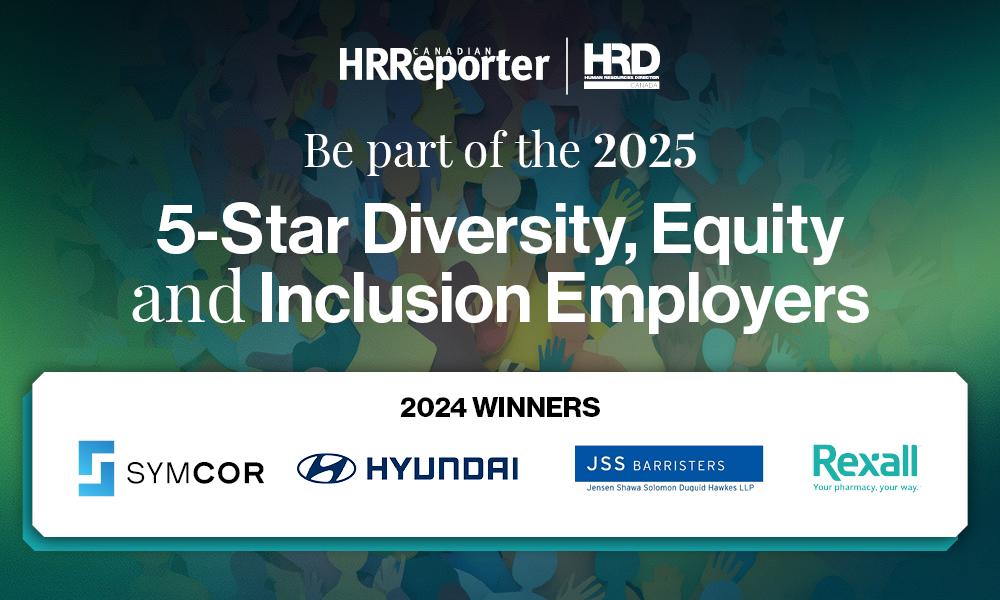More than one-third of employees say firm’s leadership culture is empowering, inclusive
Communication and leadership style have emerged as the critical attributes employees say distinguish the best bosses, according to a recent survey by Kelly Services in the United States.
And the question of who make the best bosses is disputed across generational lines. Both generation Y (aged 18-29) and gen X (aged 30-47) believe that gen X make the best bosses, but baby boomers (aged 48-65) believe that their own generation are the superior business leaders.
When asked to rate their bosses, employees across all generations delivered a modest passing grade for their performance, with a score of 6.6 out of 10, according to the Kelly Global Workforce Index which surveyed 18,000 people in the U.S.
"What we are hearing from employees is that it's not necessarily the experience or qualifications that they admire in their leaders but the soft skills that demonstrate a great deal more about the individual and their leadership style," said
Key findings from the survey:
•More than one-third of respondents (40 per cent) describe their organization's leadership culture as either "empowering" or "inclusive." A total of 31 per cent describe it as "authoritative" or "oppressive."
•Forty-nine per cent of gen-Y respondents said their bosses have done a good job in preparing them for future success, but this decreases to 44 per cent for gen X and 39 per cent for baby boomers.
•Slightly more than one-half (52 per cent) of respondents said their efforts at work are recognized and rewarded, while 39 per cent said they are not.
•Among those who are recognized for their work, more than two-thirds (70 per cent) said this takes the form of being noticed by management, while 14 per cent receive bonuses and 11 per cent are acknowledged through formal programs.
•About one-half (54 per cent) of those surveyed would be willing to recommend their current employer to a friend or acquaintance.
"Employees are among the most informed observers of any business, and they are making daily judgments that they share among scores of colleagues and friends," said Webster. “The way that businesses select and promote their managers is now in the open, thanks largely to social media, and this is helping to shape attitudes about the most desirable places to work."



